TLE: Carpentry and Masonry Part 2
11. The strongest form of wood joint applicable for table legs is ________.
a. miter
b. mortise and tenon
c. dado
d. butt and lap
12. You are almost finished with your project. One of the procedure below is done before the application of finishing materials.
a. cutting
b. spraying
c. sanding
d. varnishing
13. A surfaced lumber where four of its sides are smooth or planed is called:
a. S3S
b. S2S
c. Rough
d. S4S
14. In carpentry, splicing or joining of wood using two side blocks is called:
a. Lapping
b. Scarfing
c. Fishing
d. Jointing
15. There is considerable number of wood joints. The simplest and easiest to make is ________.
a. Lap joint
b. Dado joint
c. Miter joint
d. Butt joint
16. In a wooden floor system, the major horizontal support member upon which the floor system is laid is the ________.
a. Floor joist
b. Sill
c. Header
d. Girder
17. A type of roof frame consisting series of triangles used to distribute loads and stiffen the structure of the roof is ________.
a. Girts
b. Rafter
c. Truss
d. Purlins
18. A triangular file is used to sharpen a saw. What is the angle of the file set against the bevel of the tooth of a cross cut saw?
a. 30 degrees
b. 45 degrees
c. 90 degrees
d. 60 degrees
19. What kind of wood finishing material is used when you want a solid color instead of a wood pattern finish?
a. Opaque finishes
b. Bleaches
c. Stains
d. Lacquers
20. A saw angle should be adjusted depending on the kind of wood. What is the recommended angle for soft and thin wood?
a. 30-45 degrees
b. 60 degrees
c. 80 degrees
d. 20 degrees
Key Answers, Explanations, Notes, and Concepts
11. The strongest form of wood joint applicable for table legs is ________.
b. mortise and tenon
c. dado
Answer: b. mortise and tenon
miter- is a union between two pieces, each cut at an angle, at a corner. Commonly, as for painting and picture frames, the two ends of the two boards are cut at a 45-degree angle and placed next to one another to form a corner of the frame.
mortise and tenon- The smaller end of the wood is the "tenon," and the wood with the hole in it is referred to as the "mortise." Glue is used to secure the pieces together and variations on the joint also use pins and and wedges to lock the joint in place.
dado- also sometimes referred to as a housing joint, is a very strong type of carpentry joint commonly across a variety of woodworking projects and especially cabinets and shelving. A dado cut creates a channel that runs along the length of a workpiece into which a coordinating piece is secured.
butt and lap- Lap welding joints are essentially a modified version of the butt joint. They are formed when two pieces of metal are placed in an overlapping pattern on top of each other. They are most commonly used to joint two pieces with differing thicknesses together. Welds can be made on one or both sides.
12. You are almost finished with your project. One of the procedures below is done before the application of finishing materials.
c. sanding
d. varnishing
Answer: c. sanding
cutting- chisel. Any tool with a characteristically shaped cutting edge used for carving or cutting a hard material such as wood, stone, or metal by hand, with a mallet, or with mechanical power. Chiselling involves forcing the blade or cutting edge into the material in order to cut it. chop saw chops. A type of vise.
spraying- is fast and gives a smooth finish, but it also creates a fine mist of solvent and finish that drifts and settles on everything in sight and is dangerous to breathe.
sanding- the act or process of smoothing or polishing a surface with sandpaper or sand. if you need to do a spot of sanding or stripping.
varnishing- varnishes are a blend of resin, drying oil, drier, and volatile solvent. When varnish dries, its solvent portion evaporates, and the remaining constituents oxidize or polymerize to form a durable transparent film. Varnishes provide protective coatings for wooden surfaces, paintings, and various decorative objects.
13. A surfaced lumber where four of its sides are smooth or planed is called:
a. S3S
b. S2S
c. Rough
d. S4S
Answer: d. S4S
S2S means two sides of the lumber are planed or smooth. No such term as S3S; and Rough means that the piece of lumber is not planed.
14. In carpentry, splicing or joining of wood using two side blocks is called:
c. Fishing
d. Jointing
Answer: c. Fishing
Lapping- A lap joint can be used in woodworking for joining wood together. A lap joint may be a full lap or half lap. In a full lap, no material is removed from either of the members that will be joined, resulting in a joint which is the combined thickness of the two members.
Scarfing- scarf joint (also known as a scarph joint) is a method of joining two members end to end in woodworking or metalworking. The scarf joint is used when the material being joined is not available in the length required.
Fishing- In a fished joint keys are often inserted between the fish-plate and beam at right angles to the bolts in order to lessen the strain that comes upon the bolts when the joint is subjected to tension. In wide pieces and for extra strength, as in bridge work, the bolts may be staggered.
Jointing- is a part of woodworking that involves joining pieces of wood or lumber, to produce more complex items. Some wood joints employ fasteners, bindings, or adhesives, while others use only wood elements. The characteristics of wooden joints - strength, flexibility, toughness, appearance, etc.
15. There is considerable number of wood joints. The simplest and easiest to make is ________.
a. Lap joint
b. Dado joint
c. Miter joint
d. Butt joint
Answer: d. Butt joint
Lap joint- A lap joint can be used in woodworking for joining wood together. A lap joint may be a full lap or half lap. In a full lap, no material is removed from either of the members that will be joined, resulting in a joint which is the combined thickness of the two members.
Dado joint- also sometimes referred to as a housing joint, is a very strong type of carpentry joint commonly across a variety of woodworking projects and especially cabinets and shelving. A dado cut creates a channel that runs along the length of a workpiece into which a coordinating piece is secured.
Miter joint- is a union between two pieces, each cut at an angle, at a corner. Commonly, as for painting and picture frames, the two ends of the two boards are cut at a 45-degree angle and placed next to one another to form a corner of the frame.
Butt joint- is a technique in which two pieces of material are joined by simply placing their ends together without any special shaping. The name "butt joint" comes from the way the material is joined together.
16. In a wooden floor system, the major horizontal support member upon which the floor system is laid is the ________.
a. Floor joist
b. Sill
Answer: a. Floor joist
Floor joist- is a horizontal structural member used in framing to span an open space, often between beams that subsequently transfer loads to vertical members. When incorporated into a floor framing system, joists serve to provide stiffness to the subfloor sheathing, allowing it to function as a horizontal diaphragm.
Sill- sill plate or sole plate in construction and architecture is the bottom horizontal member of a wall or building to which vertical members are attached.
Header- is a resin (usually polyurethane based) with aggregate additives that is mixed and poured in the field into blockouts on each side of a structural expansion joint gap.
Girder- girder is a large and deep type of beam that is used in construction. It is typically capable of longer spans and taking greater loads than a normal beam, and is often used as a main horizontal structural support for smaller beams, such as in bridge construction.
17. A type of roof frame consisting series of triangles used to distribute loads and stiffen the structure of the roof is ________.
b. Rafter
c. Truss
Answer: c. Truss
Girts- a girt, also known as a sheeting rail, is a horizontal structural member in a framed wall. Girts provide lateral support to the wall panel, primarily, to resist wind loads
Rafter-is one of a series of sloped structural members such as wooden beams that extend from the ridge or hip to the wall plate, downslope perimeter or eave, and that are designed to support the roof shingles, roof deck and its associated loads. A pair of rafters is called a couple.
Truss- are used in a broad range of buildings, mainly where there is a requirement for very long spans, such as in airport terminals, aircraft hangers, sports stadia roofs, auditoriums and other leisure buildings. Trusses are also used to carry heavy loads and are sometimes used as transfer structures.
Purlins- piece of timber laid horizontally upon the principal rafters of a roof to support the common rafters on which the covering is laid. Also called side timber or side waver.
18. A triangular file is used to sharpen a saw. What is the angle of the file set against the bevel of the tooth of a cross cut saw?
a. 30 degrees
b. 45 degrees
c. 90 degrees
d. 60 degrees
Answer: d. 60 degrees
This angle is commonly 65-degrees across the tooth line, but it can be more or less. Usually, for edge strength and retention, and on western saws generally, we generally aim for around 65-degrees or less. What you see in the image above is the fleam pattern to a crosscut tooth.
19. What kind of wood finishing material is used when you want a solid color instead of a wood pattern finish?
a. Opaque finishes
d. Lacquers
Answer: a. Opaque finishes
Opaque finishes- is a premium quality, low maintenance, alkyd resin based wood finish for interior and exterior use. It provides a satin, opaque, microporous finish which is water repellent and resists UV attack. Suitable for use on rough sawn and smooth planed timber surfaces.
Bleaches-lightens the color of wood and reduces both the contrast of the grain lines and the contrast between sapwood and heartwood. It can be used to remove stains or dye from previous finishes.
Stains- Wood stains and finishes can make ordinary wood look gorgeous and gorgeous wood look ordinary. It's all in choosing the right product for the job.
Lacquers- is a modern wood finish that is commonly used on high end furniture. It is fast drying, impervious to water, and maintains its transparency as it ages. Lacquer finishes are popular because they don't yellow with age, protect well against liquids, and require very little maintenance.
20. A saw angle should be adjusted depending on the kind of wood. What is the recommended angle for soft and thin wood?
a. 30-45 degrees
b. 60 degrees
c. 80 degrees
d. 20 degrees
Answer: a. 30-45 degrees
This item's explanation is limited to author's knowledge and research, thus incomplete. If you have any insights and correction kindly comment it below. It will surely be helpful on our future use.
Comments, Suggestions, Corrections, and Clarifications are highly appreciated. Kindly put those in the comments section. Fighting!

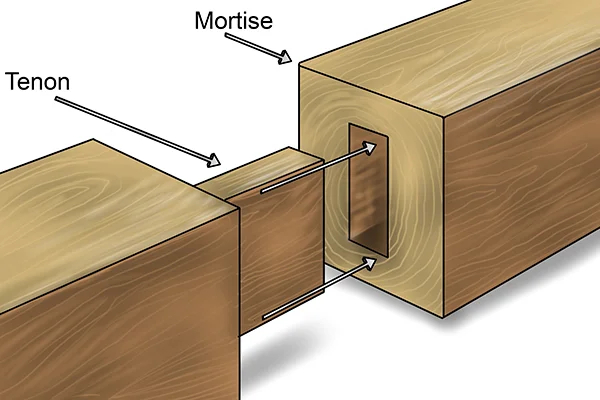
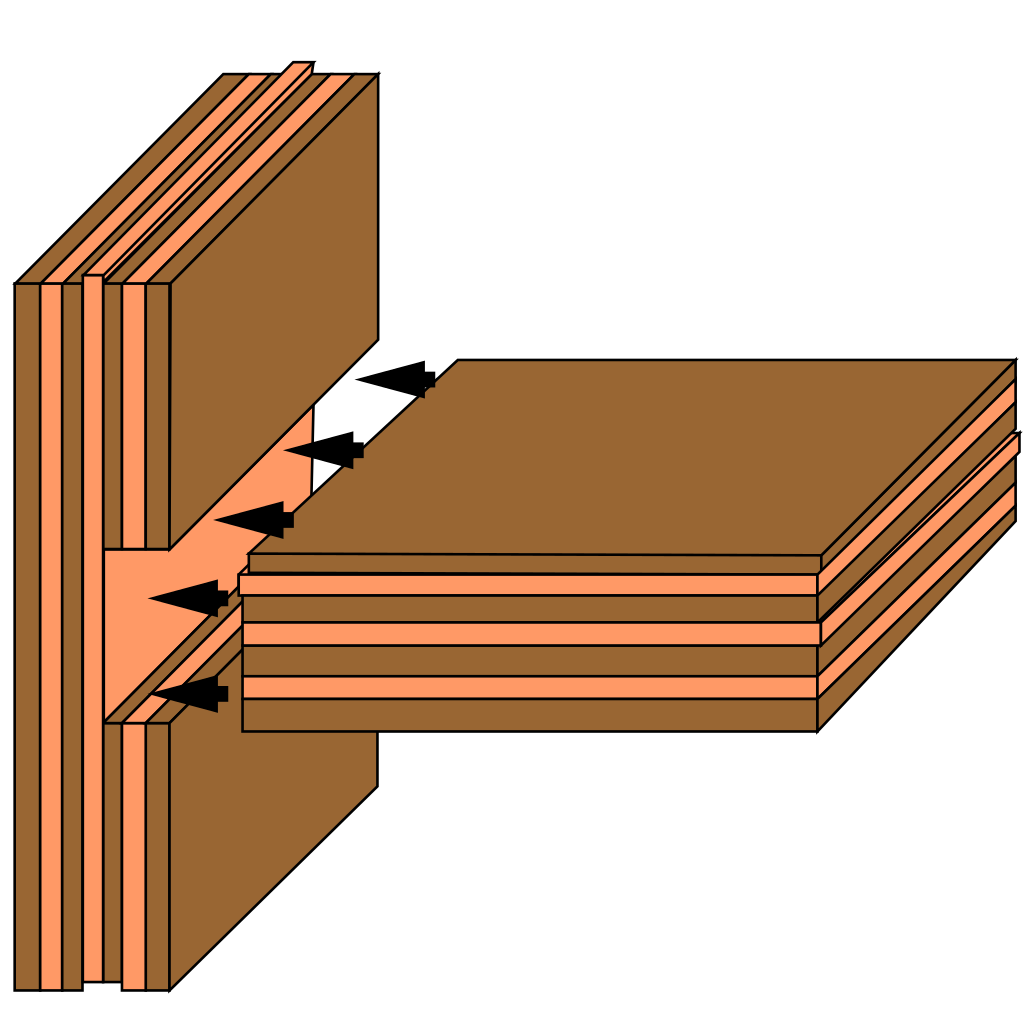

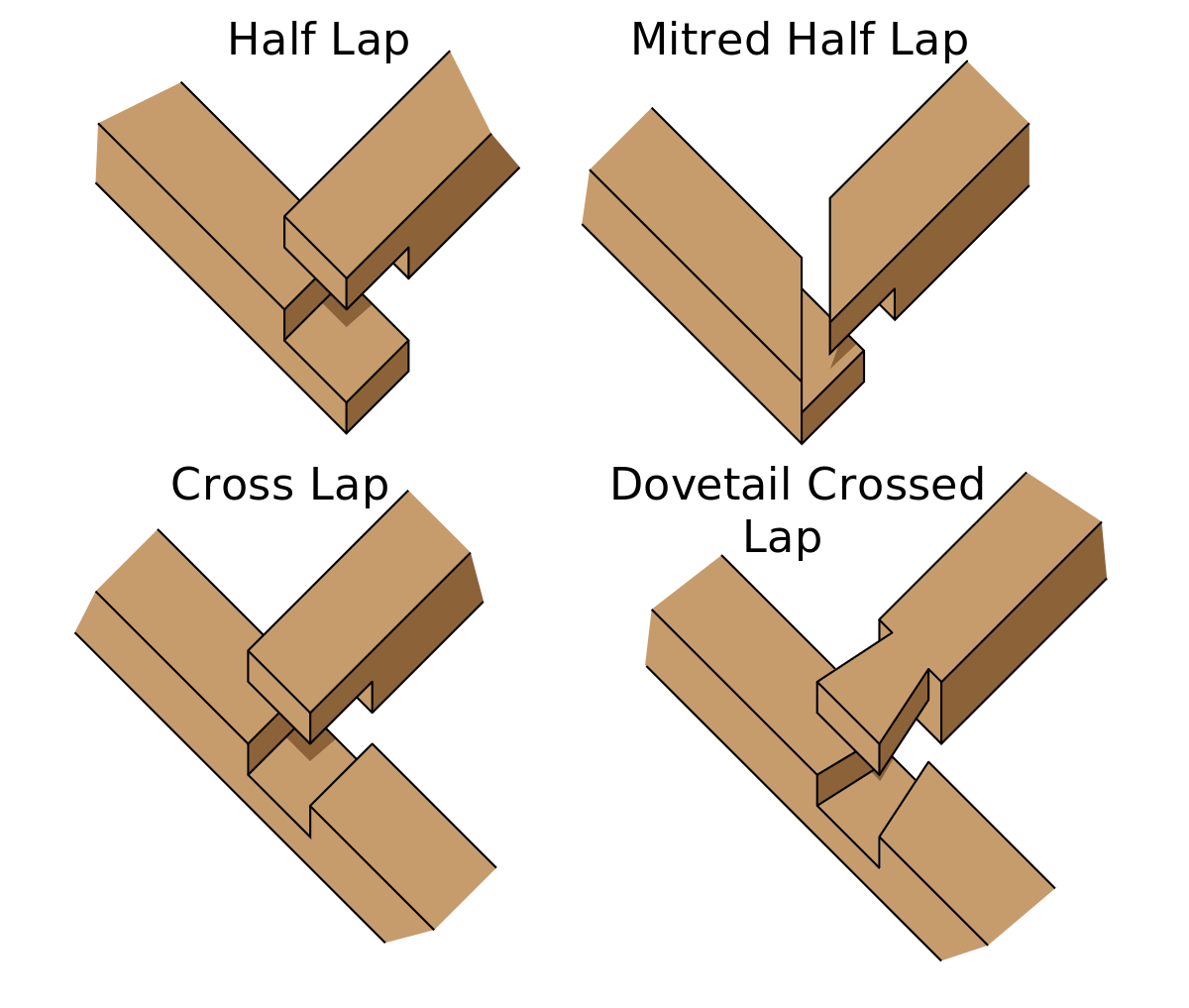


.png/300px-Joist_(PSF).png)
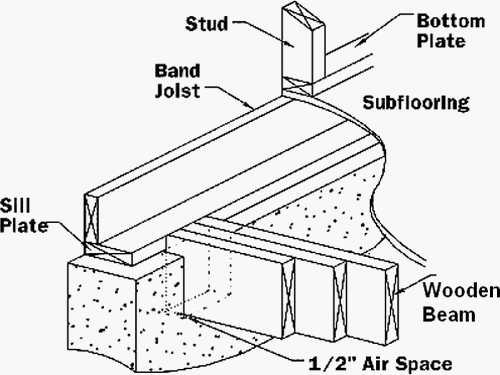

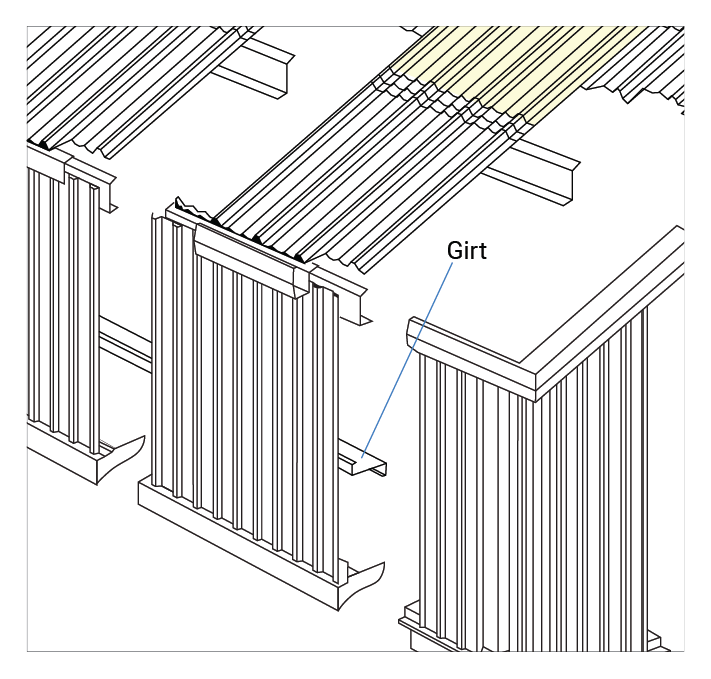
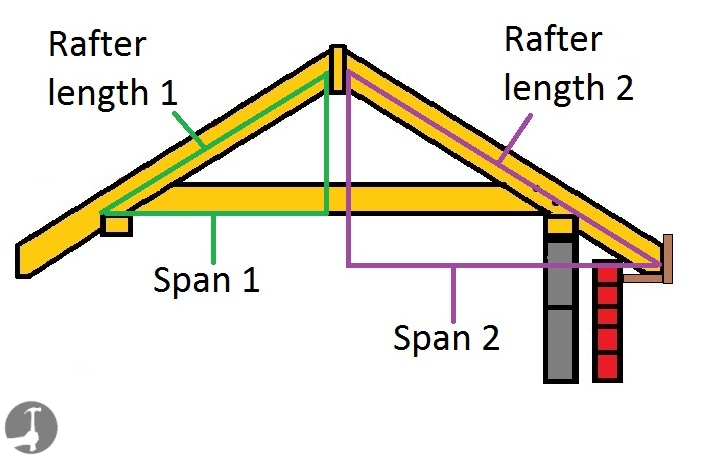
.gif)

Comments
Post a Comment